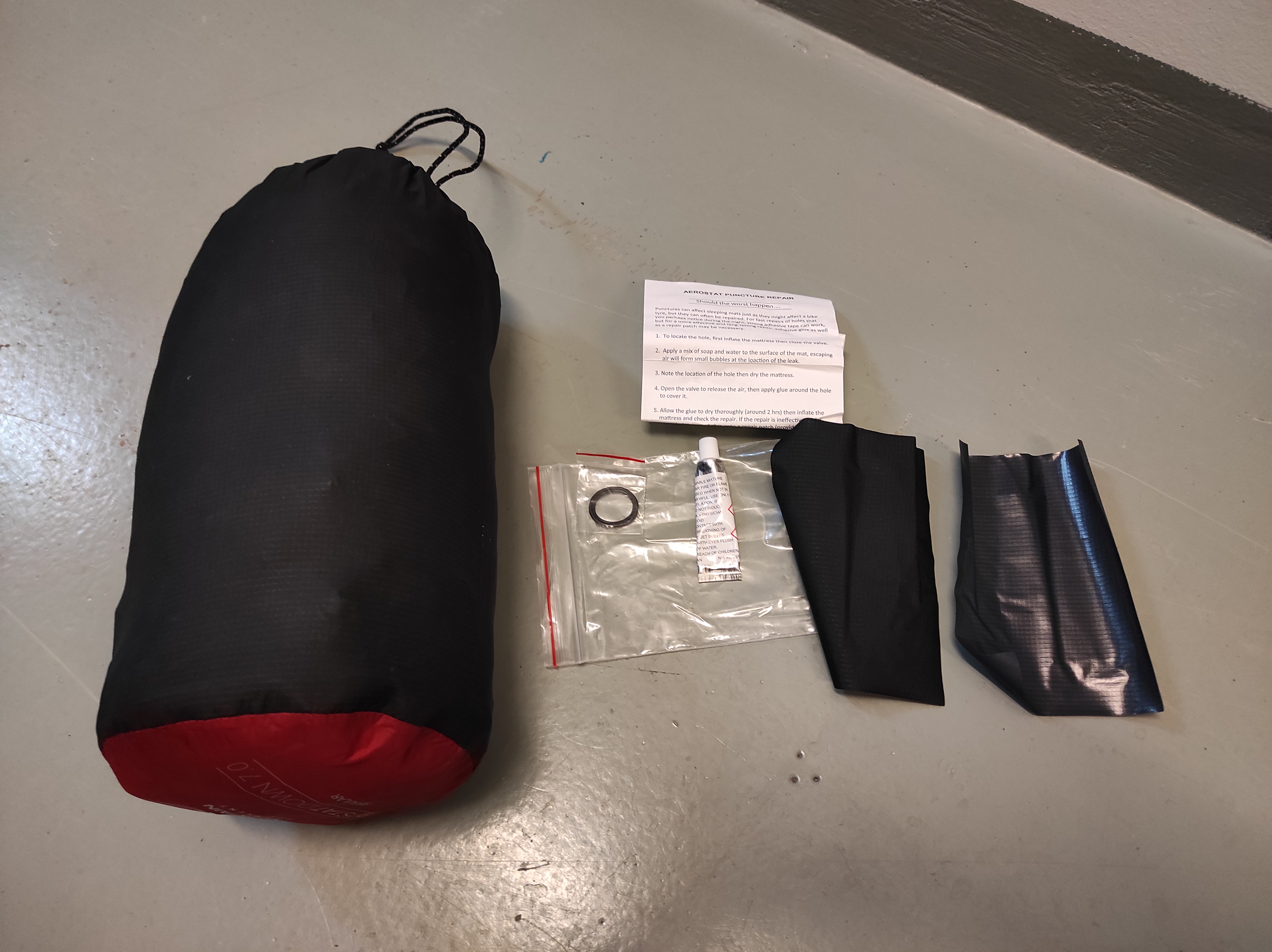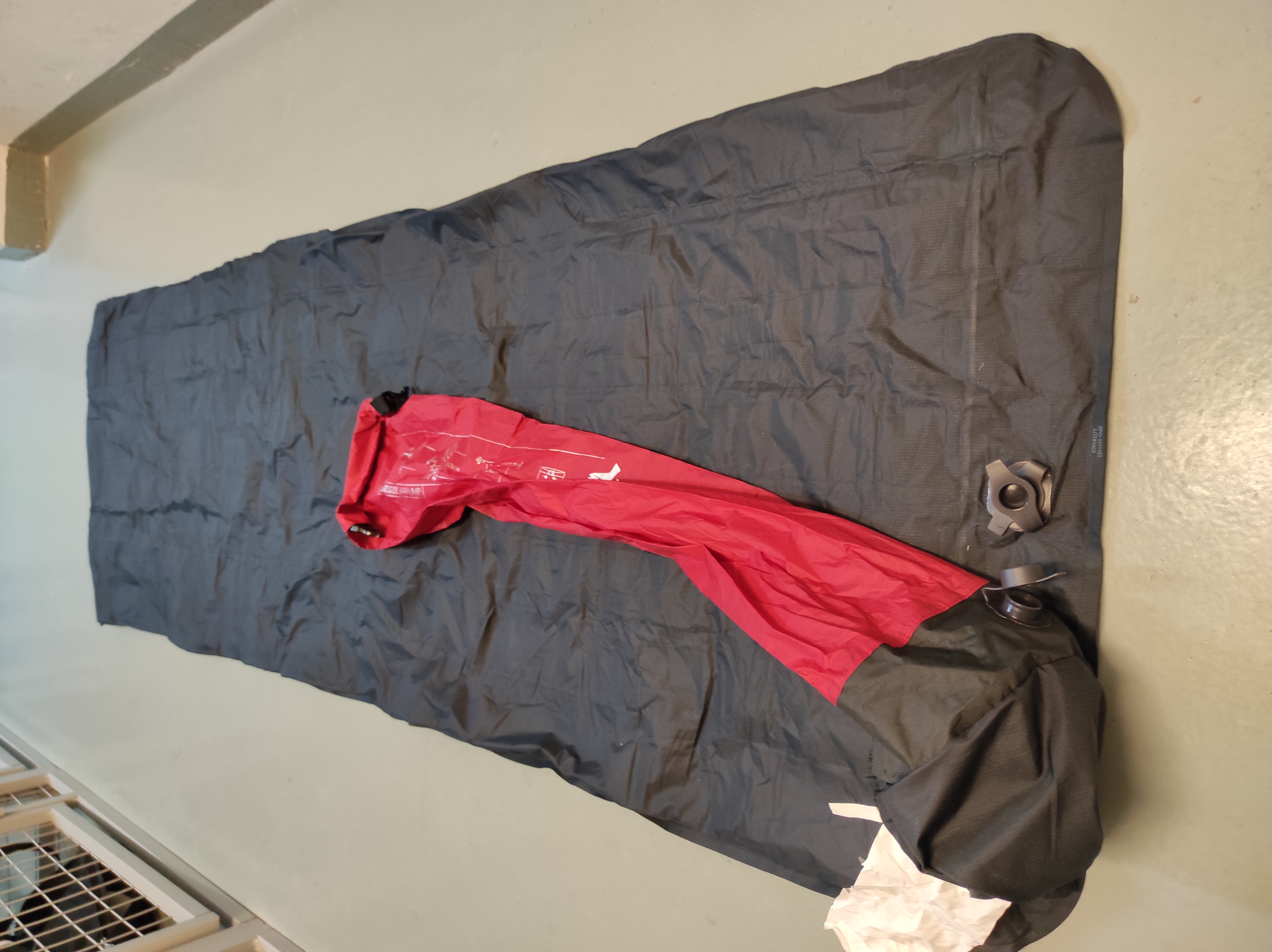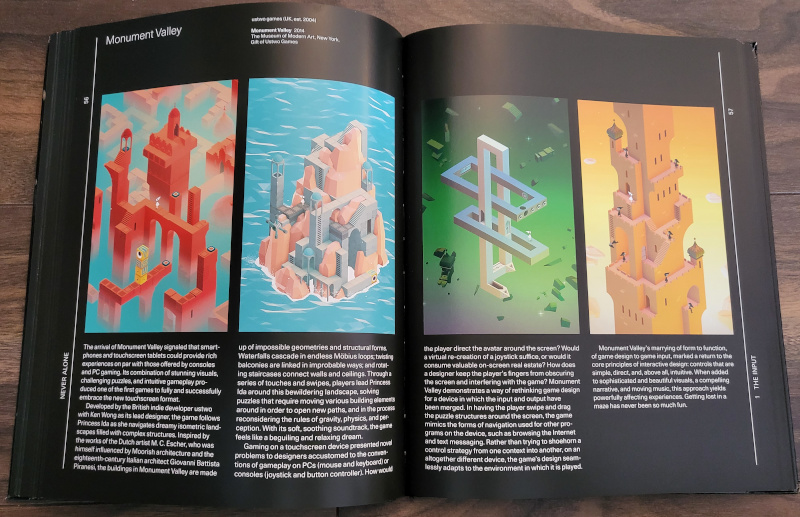Latest reviews
A nice small place to sit on the street and have a view on St. Lamberti church and people strolling by. The staff is very friendly.
A nice cafe with two outdoor seating areas, one with a view to the cathedral. The staff is very friendly. Unfortunately, the food includes muffins only as a vegan option.
The toilets are at the same level, but probably not accessible by wheelchair because of narrow doors.
In principle also a nice place for working, sockets are scarce though.
Not perfect, but best network I’ve come across until now.
I liked it here. I ordered a Vegan Scampi Pizza, mostly for the novelty value, because I had never seen vegan scampi. Interesting. Looks-wise 100% on point, taste-wise not bad. The scampi seem to be made from some sort of mushroom and so have a bit of a mushroom feel. As pizzas go, this wasn’t a bad one. As always, the cheese wasn’t all there. I really do wish there’d be better tasting vegan pizza cheeses, but alas… I’d come here again, though, because the restaurant is nice and the menu has a lot of options. It’s a good place if you’re looking for a somewhat more upmarket Italian restaurant.

Vegan Scampi Pizza
I walked past this a few times on my way to other places in this neighbourhood mall and I always thought it’s your typical Arabic coffee-shop type of establishment with the usual, mostly meat-heavy, menu. Today, I stopped to have a look at the menu and I was surprised to find a fair few vegan options, so I stayed for dinner.
Among others, the menu featured a vegan Impossible burger, a dish with no-chikn vegan chicken, several salads, and vegan bolognese sauce for pasta.
I settled for the burger, which was okay. It looked good, but was bit dry. The fries that came with it, though, were very good. I feel that I might have picked the wrong dish or simply the wrong time. I’ll give this place another shot, although because there isn’t much to chose from vegan-wise in the mall.

Vegan Impossible Burger with Fries
Shakespeare and Co really has come a long way over the years in terms of vegan options. I remember when I first came to the UAE and went to a Shakespeare and Co in Dubai, there were just 1 or 2 choices. These days, the menu has lots of clearly labeled vegan dishes. I had the vegan breakfast today, which is basically two slices of bread - one topped with avocado cream and pomegranate seeds and the other one with tofu scramble. Both were nice. The location of this outlet is on the ground floor of the WTC Souk away from the hustle and bustle of the main areas, so you can enjoy your breakfast in peace.

Vegan Breakfast at Shakespeare and Co in Abu Dhabi
This is a down insulated air sleeping mat for colder times.

The pack is not too massive for a winter sleeping pad, and it comes with a good looking repair kit. (Own work. License: CC-BY-SA.)
With an R-value of 5, this sleeping pad is good well below freezing temps. Tested at around -7C, though not directly on snow. Slept well, so the essentials are in check.

The mat opened but not filled. The stuff sack doubles as a “wind sock” pump. (Own work. License: CC-BY-SA.)
My only complaints are with the stuff sack. It’s possible to roll the mat and get in that way, but in practice this is really hard with your fingers numb. I would recommend just stuffing the mat into the sack.
As is visible above, the sack also works as a pump. It’s nice that you don’t have to buy it separately, but it’s also not as good as a traditionally shaped pump sack. Gets the mat filled though.
All in all this is a decent winter sleeping mat.
Web-database’s are great, but they never tell you the whole story, ironically for any given subject there are often a number of these and combined together would give fuller picture, however these databases usually are not linked together.
Wikidata is very good at holding links to various database but cross-referencing isn’t fun so people don’t do it.
This is where “wikidata for web” comes in, it automatically recognises what you are looking at in a webdatabase and shows the links it has in a side-panel just making them “a click away”
As well as being a tool for consuming data it makes it very easy to “give back” by making linking very easy to do, simply search for what the page you on should be linked too, and if you find something, one click will join them together.
This is really great tool and I am constantly surprised no one has taken the idea and rolled in directly into the browser.
Art books about video games tend to be authored by collectors and enthusiasts, often lacking a critical outside perspective. Never Alone: Video Games as Interactive Design accompanies an exhibition at the New York Museum of Modern Art of the same name.
In the book, the organizers of the exhibition explain why they selected the specific titles they did. Richly illustrated with screenshots and printed on glossy black coated paper, each featured work is given space to look its best in a static format.
The book is divided into three sections, The Input, The Designer, and The Player, which loosely serves as a way to offer a different focus when discussing each title.
For example, the book explains how sandbox games like Minecraft and SimCity come to life through player actions and emergent behaviors in ways their designers could never have predicted.

The books makes good use of space to immerse the reader in each title’s visuals. Depicted here is “Monument Valley”, a gorgeous mobile game. (Credit: Ustwo Games (Monument Valley) / MoMa. Fair use.)
Occasionally, the book offers a perspective on how games can perpetuate real world biases, as in the ridiculous cast of characters that comprise Street Fighter II, based on national and ethnic stereotypes (the “Yoga Master” Dhalsim was literally named after an Indian restaurant; his name translates to “lentils and beans”).
Among the 35 games are classics from video game history (Space Invaders, Tetris) and lesser known titles that have explored new possibilities of the medium (the Memento Mori mini-game Passage, the minimalist rhythm game Vib-Ribbon).
It’s a fine selection, and the only fault I can find with the book is that it’s a bit short (just under 140 pages) and a bit expensive (the official sales price is just under $40 as of this writing). With those caveats in mind, I would recommend it to anyone who appreciates the art and design of games.
Full list of titles featured in the book
-
Pong (and its Magnavox Odyssey precursor)
-
Space Invaders
-
Asteroids
-
Pac-Man
-
NetHack
-
Tetris
-
Snake
-
Katamari Damacy
-
Canabalt
-
Monument Valley
-
Tempest
-
Yars’ Revenge
-
Another World
-
Myst
-
Portal
-
Dwarf Fortress
-
Passage
-
fl0w
-
Flower
-
Journey
-
Papers, Please
-
Never Alone
-
This War of Mine
-
Inside
-
Everything is Going to Be OK
-
Getting Over It with Bennett Foddy
-
Return of the Obra Dinn
-
Street Fighter II
-
SimCity 2000
-
The Sims
-
Vib-Ribbon
-
Eve Online
-
Minecraft
-
Biophilia
-
The Stanley Parable
In British author Ian McEwan’s 2016 novel Nutshell, the protagonist is a precocious fetus, who shares his observations about the drama unfolding outside the womb and ruminates about the human condition. The conceit sometimes serves a stand-in for the author to hold forth about subjects dear to his heart.
McEwan’s latest work, Lessons, takes the more honest approach of blending fiction and autobiography. The main character, Roland Baines, is the author’s alter ego, with a point of departure in his teenage years that leads to a quite different life.
The road not traveled
McEwan was born in 1948; his father rose to the rank of Major in the British military after World War II, and young Ian spent parts of childhood in Libya, Singapore and Germany. He has described his father as a “hard-drinking man, quite terrifying”.
In Lessons, he processes these experiences by describing childhood episodes in Roland’s life, focusing on moments in Tripoli that give Roland a hunger for the elusive and the extraordinary.
After Roland is shipped to boarding school back in England, an encounter with a piano teacher (not based on any actual person) pushes him down a road the author never traveled.
As a young man, Roland becomes a drifter, avoiding career and family until the 1980s. Then he falls in love with Alissa, whose life is similarly unmoored, and who harbors dreams of becoming a novelist. Soon enough, Alissa gives birth to their son, Lawrence. A child might anchor them both—but Alissa decides that she has other plans.
Unfolding history
In McEwan’s narrative, we jump back and forth in time—to the 1950s, the 1980s, the 1940s—only to eventually find ourselves in the present day, when Baines tries to make sense of his untidy life story. Historical events like the White Rose resistance against the Nazis, the Chernobyl disaster and the fall of the Berlin Wall provide a momentous backdrop to the much smaller scale events at the heart of the story.
This is a story that rejects the notion that narratives must offer closure. It encourages the reader to reflect on the past and future points of departure in their own lives. It is also metafiction, in which Alissa’s decision to “raid her past” in order to craft her own novels is contrasted with McEwan’s choice to do the same.
I often find myself frustrated when authors jump between timelines, or nest flashbacks within flashbacks. McEwan manages to bridge the decades without leaving the reader bewildered or lost. That’s in large part thanks to his mastery in setting a scene and bringing characters to life. Opening a random page, here is a description of Alissa’s father:
Heinrich’s manner and convictions were remote from Roland’s but he warmed to the older man, who wore a tie at all times and sat stiffly upright in even the softest chairs. He was an active member of the Christian Democratic Union, a lay reader in the local church and had given his life to the law as it impacted on the lives of farmers in the surrounding countryside. He approved strongly of Ronald Reagan and believed that Germany needed a figure like Mrs. Thatcher. And yet he thought rock and roll was good for what he grandly called the “general project of happiness".” He didn’t mind men with long hair or hippies so long as they caused no harm to others, and he thought that homosexual men and women should be left in peace to live their lives as they wished.
In a recent interview, McEwan described his approach to writing the book. For key events in Roland’s life, McEwan intentionally avoided thinking about what Roland would do, until the time finally came to write it. When Roland rings the doorbell to his piano teacher’s home later in life, the author rings it with him. Perhaps it’s this approach that makes Lessons feel lifelike, both engrossing and anticlimactic.
The Verdict
Roland Baines appears to share McEwan’s liberal politics, leading Jacobin to call Lessons “a centrist agitprop novel”. In truth, Roland’s views of the world are too disjointed and incoherent to turn him into an effective advocate for any particular political position.
With Lessons, the aging author has written a kind of secular, intergenerational homily, which readers may find bland, edifying, or—in my case—both. The lessons the book conveys most successfully are between the lines, in the highs and lows of Roland’s life.
I found the book more engaging than Nutshell and Machines Like Me, but it lacks the dramatic payoff of McEwan’s finest work (Atonement). If you have enjoyed any of the author’s other works, I would definitely recommend it.
